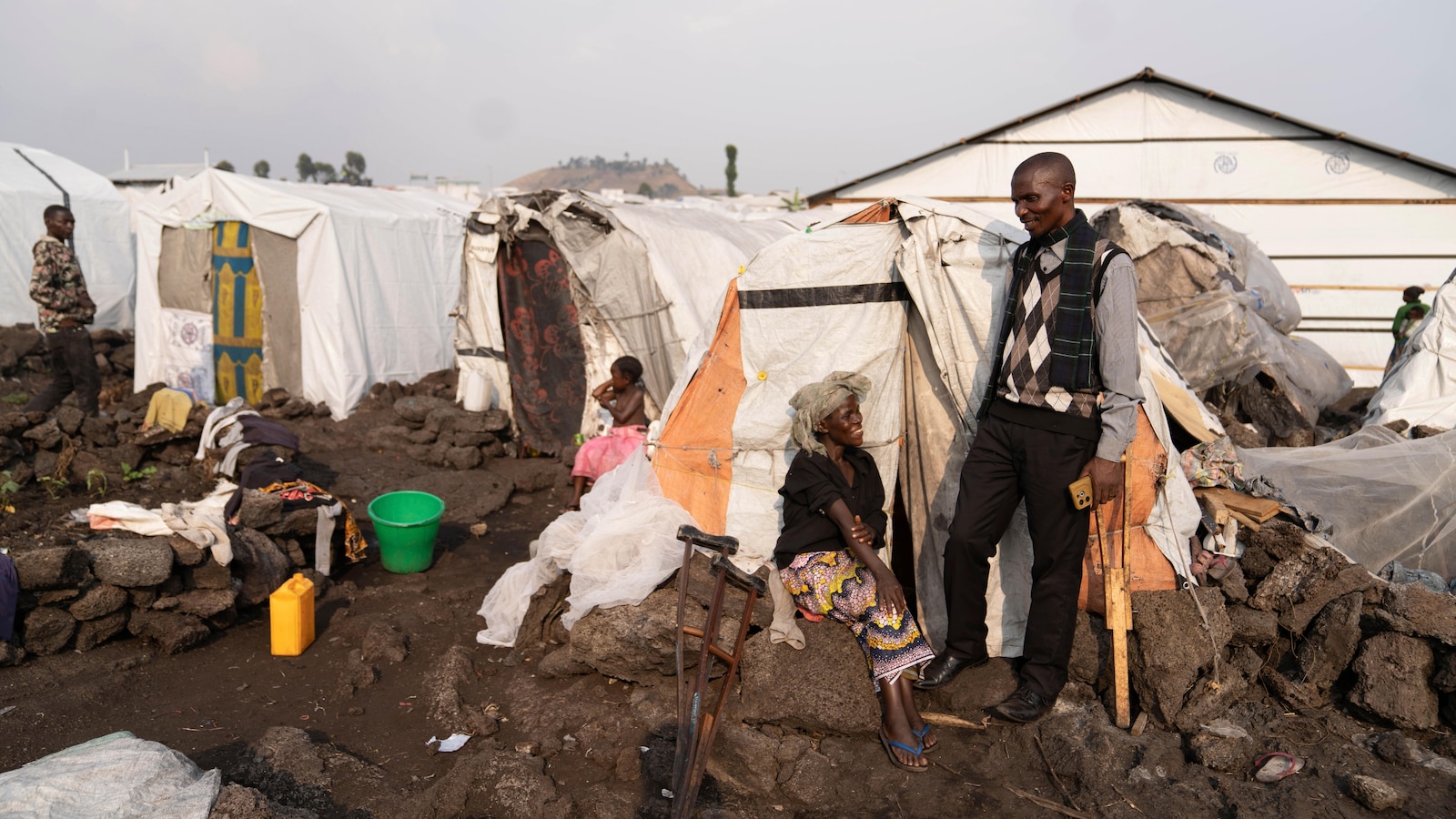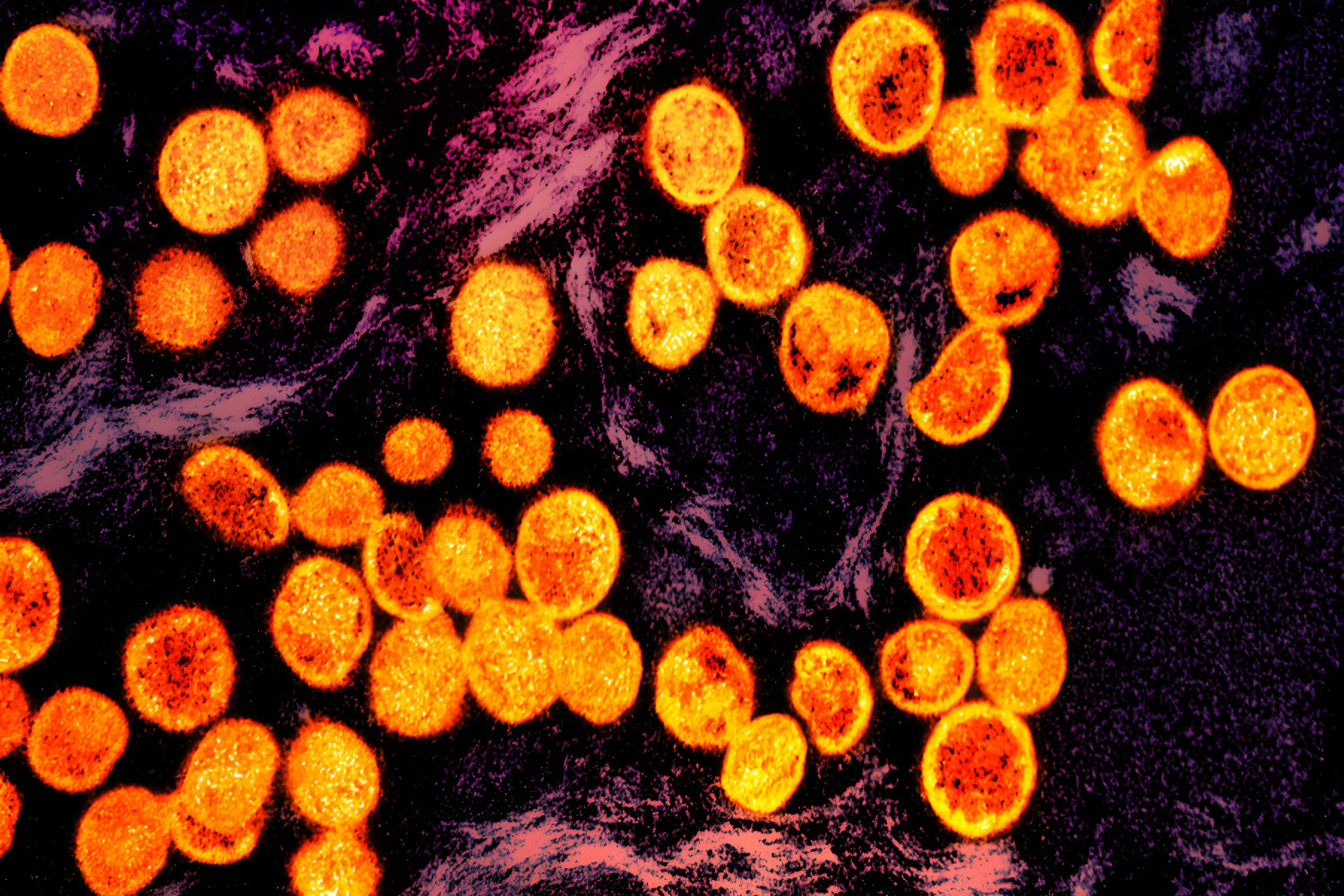Monkeypox: A Global Health Emergency, But Not a Pandemic
The World Health Organization (WHO) has declared the ongoing outbreaks of monkeypox in Congo and elsewhere in Africa to be a global health emergency, requiring urgent action to curb the virus’ transmission.
However, experts say it is highly unlikely that monkeypox, also known as mpox, will trigger another pandemic. Unlike pandemics such as swine flu and COVID-19, mpox is not an airborne virus and is primarily spread through close skin-to-skin contact with infected people or their soiled clothes or bedsheets.
Symptoms of Mpox
Symptoms of mpox include fever, headache, muscle aches, backache, swollen lymph nodes, chills, and fatigue. A rash usually develops within 1-3 days after the onset of fever, often beginning on the face and spreading to other parts of the body.
Prevention and Treatment
To stay safe, experts advise avoiding close physical contact with someone who has lesions resembling mpox, not sharing their utensils, clothing or bedsheets, and maintaining good hygiene like regular hand-washing.
There are vaccines and treatments available for mpox, which were not available in the early days of the COVID-19 pandemic. “We have what we need to stop mpox,” said Dr. Chris Beyrer, director of Duke University’s Global Health Institute. “This is not the same situation we faced during COVID when there was no vaccine and no antivirals.”
Why It’s Not a Pandemic
Unlike the coronavirus, which spread exponentially from several hundred to several thousand cases in a single week, mpox spreads very slowly. By March 2020, when WHO described COVID-19 as a pandemic, there were more than 126,000 infections and 4,600 deaths — about three months after the coronavirus was first identified.
In contrast, it’s taken since 2022 for mpox cases to hit nearly 100,000 infections globally, with about 200 deaths, according to WHO.
The Situation in Africa
The majority of mpox cases are in Africa, with 96% of those cases and deaths in Congo, one of the world’s poorest countries whose health system has mostly collapsed from the strain of malnutrition, cholera, and measles. Although Congolese officials requested 4 million vaccines from donors, it has yet to receive any.
Experts say it is in the world’s interest to invest now in squashing the outbreaks in Africa. “We are actually in a good place to get control of this pandemic, but we have to make the decision to prioritize Africa,” said Beyrer of Duke University.
Conclusion
While mpox is a serious health emergency, it is not a pandemic and is unlikely to become one. There are vaccines and treatments available, and the virus spreads slowly. However, it is crucial to invest in combating the outbreaks in Africa to prevent its further spread and protect global health.



